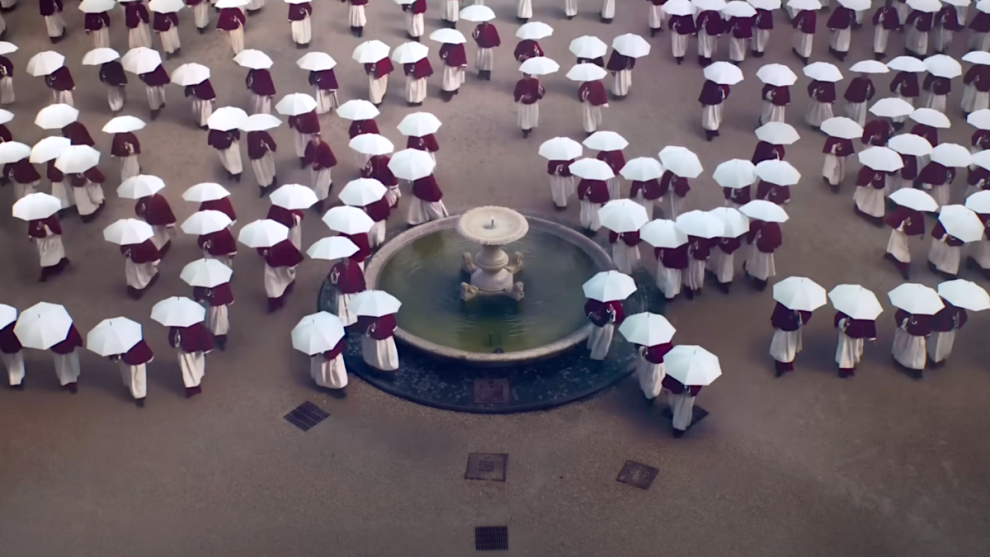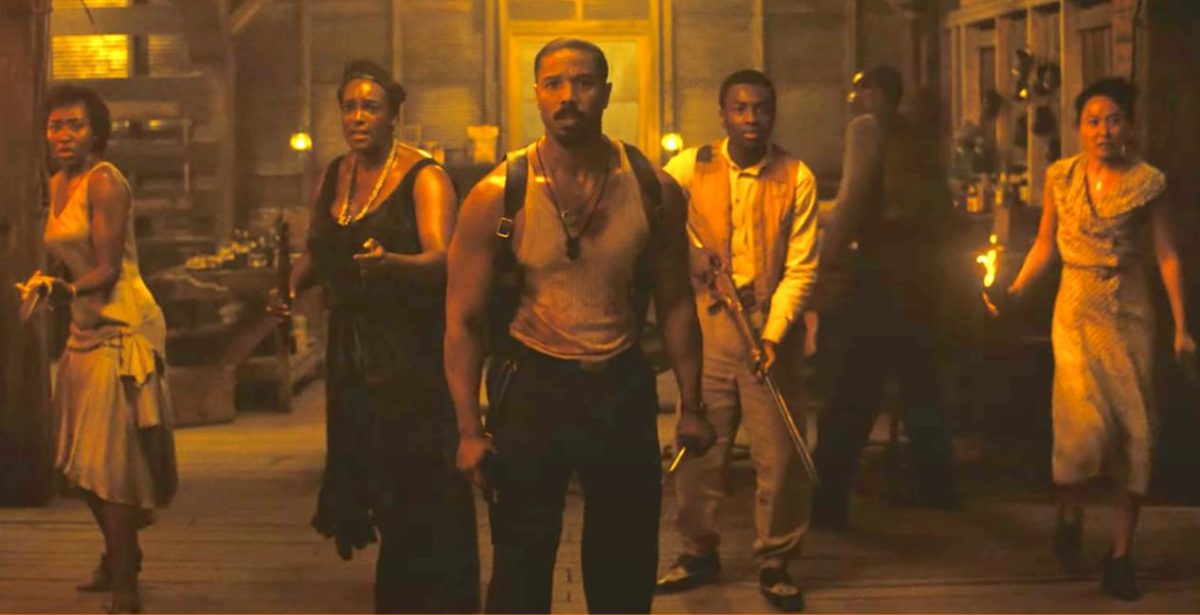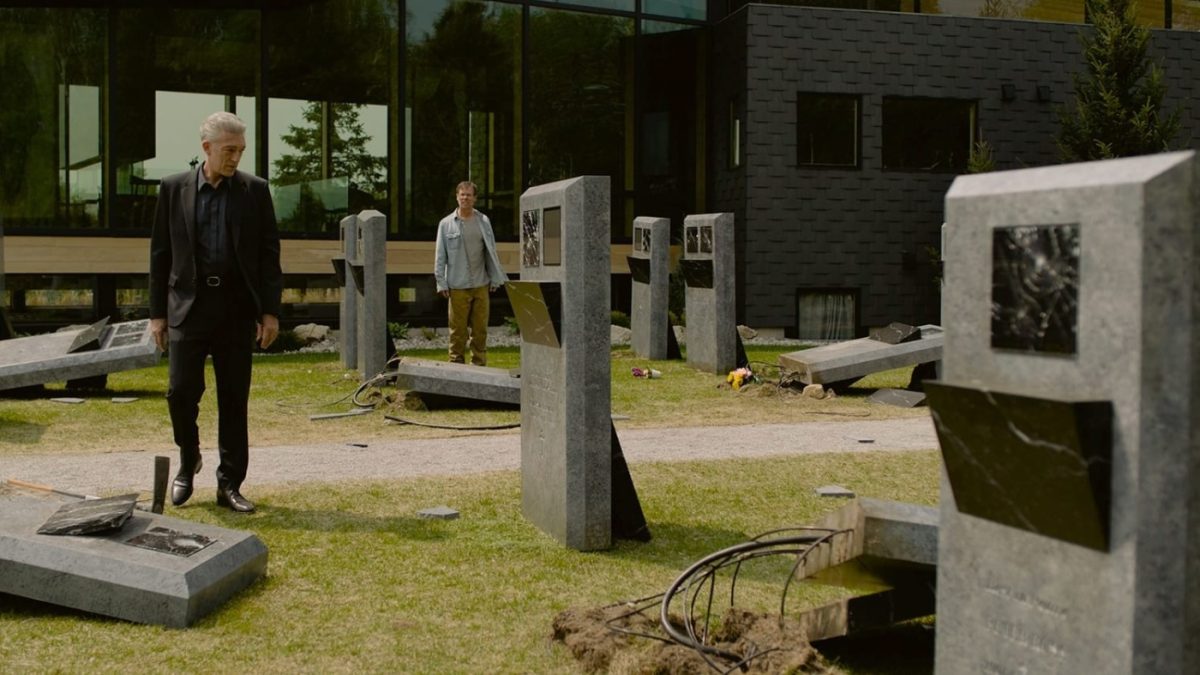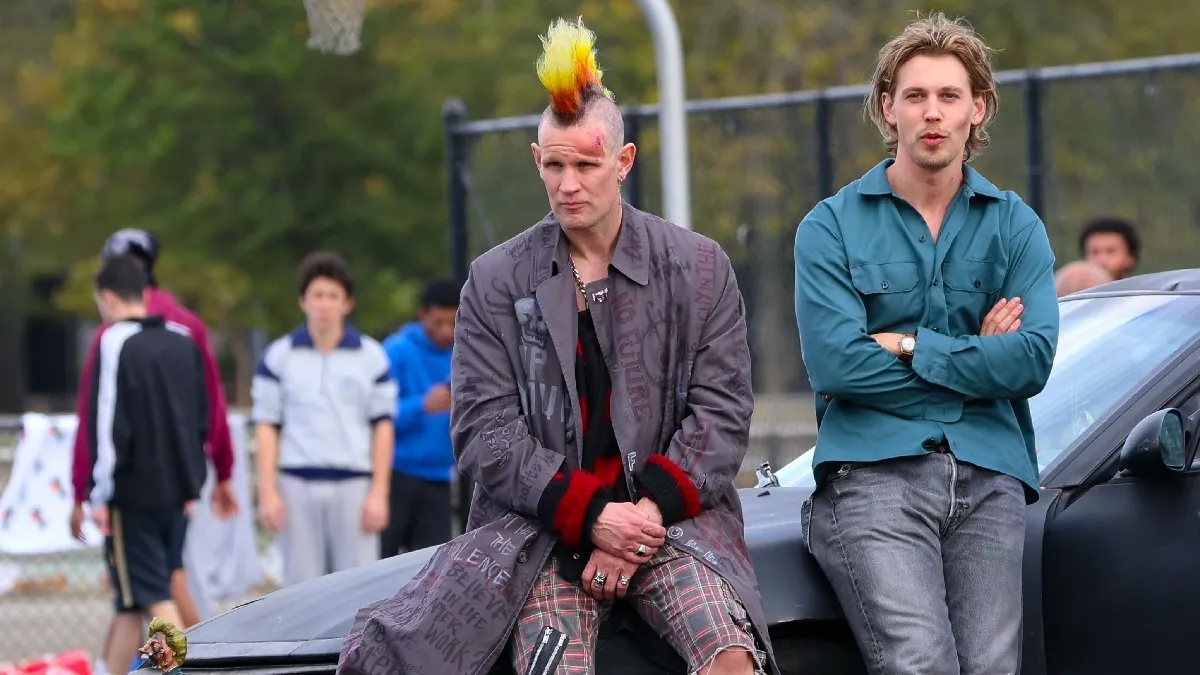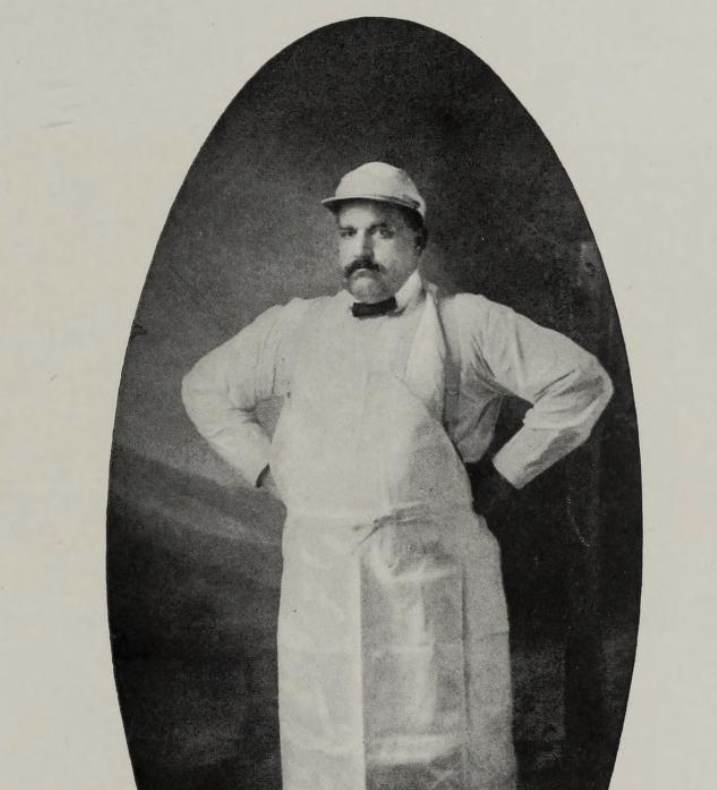The term “Oscar bait” is thrown around carelessly in film discussions, applied to essentially any movie that doesn’t have Batman in it. It’s become such a broad classification that it sometimes seems useless.
However, in its purest form, it describes a particular sensibility that’s difficult to define but impossible to miss.
Edward Berger’s “Conclave,” in theaters now, is one of the most perfect Oscar-bait movies I have seen in years. The film is built on a bedrock of beautifully composed images that carry no weight beyond the sheen of prestige lent by their tastefully gloomy lighting and angular composition.
It’s full of aging British and American character actors who speak in hushed tones about protocol and proper procedures, except for when they are breaking protocol and screaming at each other. It will receive a bevy of nominations at the Oscars and probably more at the Golden Globes.
The last paragraph makes it seem as if I despised “Conclave.” On the contrary, I was moderately surprised to find that I enjoyed it. Unlike Berger’s dull and simplistic 2022 adaptation of “All Quiet on the Western Front,” “Conclave” is a tightly scripted, fast paced and unexpectedly funny movie.
The film opens with the revelation that the pope has died. Ralph Fiennes’ Cardinal Lawrence, the dean of the College of Cardinals, immediately begins preparing for the titular papal conclave and the scheming that inevitably ensues.
Cardinal Aldo Bellini, played by Stanley Tucci, is the liberal reformist pick for the papal throne. He is opposed by Cardinal Tedesco, a scenery-chewing and vape-hitting conservative portrayed by Sergio Castellitto.
Lawrence, who is undergoing a crisis of faith, begins accruing votes despite his protestations and scrambles to find a way to prevent Tedesco from winning without having to assume the papal throne himself.
Much of the movie is composed of dramatic confrontations and whispered meetings in stairwells, scored with jerky minimalist compositions by Volker Bertelmann. There’s a new plot twist every minute, culminating in a wild eleventh hour revelation that ends up having basically zero repercussions.
Berger makes the papal voting process much more enthralling than it has any right to be, using the ritualism of the Church and the defined space of the Sistine Chapel to heighten the drama. The story is profoundly silly; most of the twists and turns are ridiculous, but it’s wonderfully entertaining nonetheless.
As one would expect from a classic awards-chasing film, “Conclave” comes saddled with an agreeable but somewhat facile message about the value of liberalism and tolerance. As the film nears its end, the inhumanly pure Cardinal Benitez, played with conviction by Carlos Diehz, delivers a speech decrying Tedesco’s blatant Islamophobia and racism, citing Jesus’ insistence that Christians respect people of all walks of life.
His eloquence, humility and decency result in his election to the throne of St. Peter’s Basilica, where he assumes the name “Innocent.”
It’s a hopeful, cathartic ending, one which carries a note of bitter irony in the wake of the general elections in the United States and elsewhere this year.
“Conclave” is a diverting watch, and its ruminations on faith are intermittently moving, but its conclusion is both too neat and too incomplete to feel truly satisfying.



